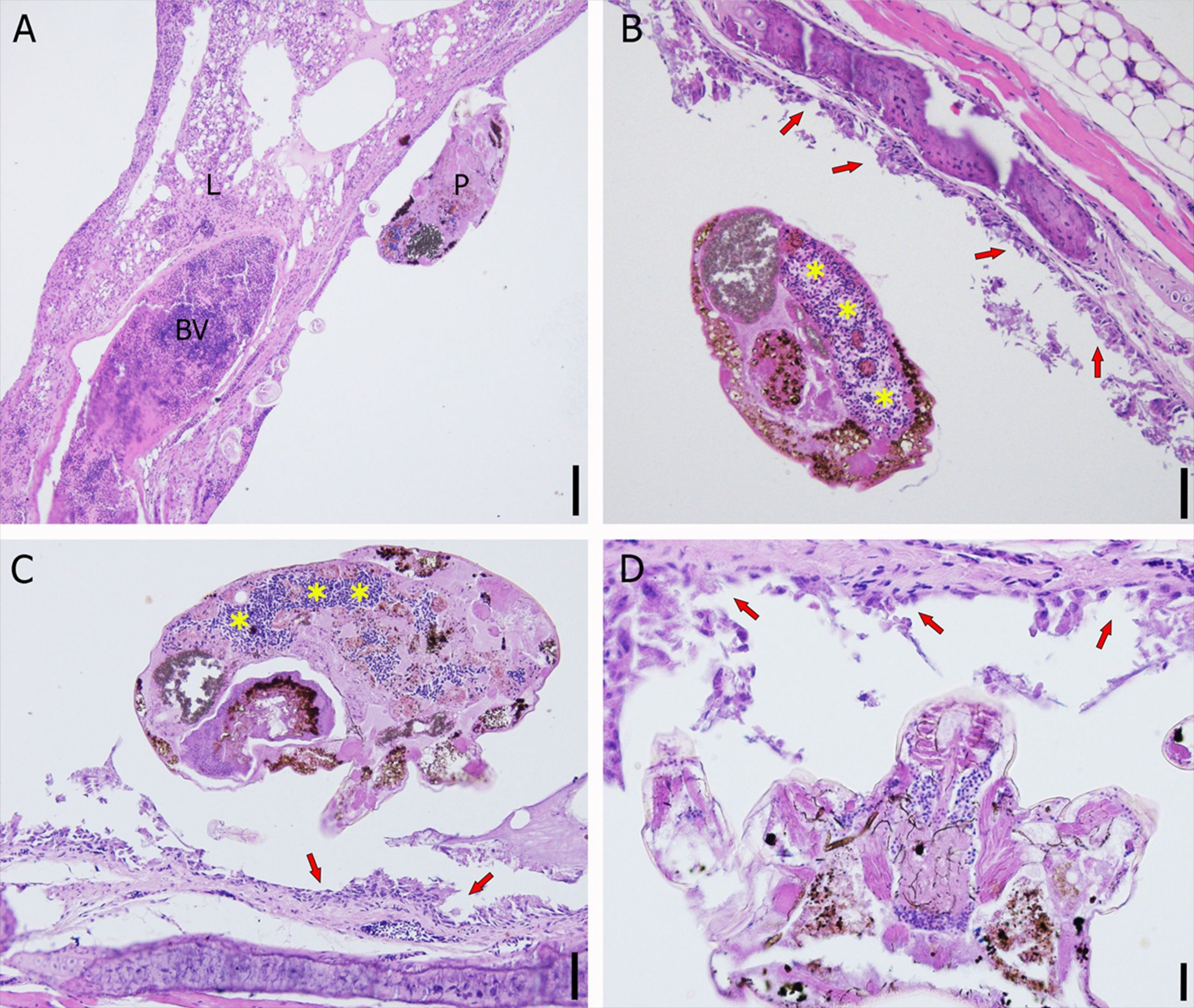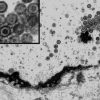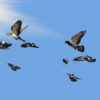
Understanding Viral Infections in Racing Pigeons
Understanding Viral Infections in Racing Pigeons
In the world of pigeon racing, health is performance. Every fancier knows that a healthy bird is a fast bird. But one of the most silent and damaging threats to your pigeons’ health—and their ability to compete—is viral infection.
Unlike bacterial illnesses that can be treated with antibiotics, viruses often evade detection until it’s too late, spreading quickly through a loft and leaving weakened, underperforming, or even dead birds in their wake.
Understanding viral infections—how they spread, what symptoms to look for, and how to prevent them—is crucial for every pigeon breeder and racer who wants to build a strong, resilient loft.
What Are Viral Infections in Pigeons?
Viral infections are caused by microscopic pathogens (viruses) that hijack a pigeon’s cells to reproduce. They spread easily from bird to bird, especially in crowded racing lofts or during race season when birds from different origins come into contact.
Because viruses are not alive in the traditional sense, they do not respond to antibiotics. Instead, recovery depends on the bird’s immune system fighting off the infection—with or without help from supportive care and vaccination.
Common Viral Infections in Racing Pigeons
There are several viral diseases that commonly affect racing pigeons. Each has its own set of symptoms, modes of transmission, and consequences. Here’s a breakdown of the most serious:
1. Paramyxovirus (PMV1)
-
Highly contagious and potentially deadly
-
Symptoms: Nervous signs (twisting of neck), watery droppings, incoordination
-
Prevention: Vaccination is essential
2. Adenovirus
-
Often affects young birds
-
Symptoms: Vomiting, diarrhea, rapid weight loss, lethargy
-
May be complicated by secondary infections like E. coli
3. Rotavirus
-
Can resemble Adenovirus but is often more severe
-
Symptoms: Green diarrhea, vomiting, sudden deaths
-
Very contagious; spreads through droppings and shared feed/water
4. Herpesvirus
-
Often goes undetected until stress activates it
-
Symptoms: Respiratory signs, conjunctivitis, poor performance
-
Linked to weakened immunity and poor loft hygiene
5. Circovirus
-
Primarily attacks young pigeons
-
Weakens immune system, making birds vulnerable to secondary infections
-
Symptoms: Stunted growth, puffed feathers, reluctance to fly
Understanding which virus is at play is vital because some are preventable with vaccines, while others require strict loft management and biosecurity.
How Viral Infections Spread in Pigeon Lofts
Viral diseases spread quickly because they’re highly contagious. Transmission happens through:
-
Inhalation of airborne particles
-
Contaminated droppings
-
Shared water and feed
-
Feather dust and dander
-
Handling and transport stress
-
New birds introduced without quarantine
This is why loft biosecurity is your number one defense.
Signs Your Racing Pigeons May Have a Viral Infection
Viral diseases can manifest subtly or severely. Recognizing early symptoms can prevent the spread and save your flock.
General Signs to Watch For:
-
Lethargy or sitting puffed up
-
Decreased appetite
-
Green or watery droppings
-
Vomiting or regurgitation
-
Nervous behavior (especially PMV)
-
Shortness of breath or nasal discharge
-
Poor feather quality
-
Loss of condition or weight
Keep in mind: young birds and birds under race stress are more susceptible.
What to Do If You Suspect a Viral Infection
Once a viral infection is suspected:
1. Isolate the Sick Birds
Remove any symptomatic pigeons from the main loft to stop transmission.
2. Clean and Disinfect
Disinfect lofts, perches, feeders, and water containers. Use virucidal cleaners like Virkon S.
3. Supportive Care
While viruses can’t be cured with antibiotics, supportive care can help:
-
Electrolytes to prevent dehydration
-
Vitamins A, C, E, and B-complex to boost immunity
-
Probiotics to maintain gut health
-
Anti-inflammatory herbs like oregano or garlic
4. Consult a Vet
In severe outbreaks or if you’re unsure of the virus, work with an avian vet. PCR testing can help identify the specific virus.
Tip: Some pigeons become asymptomatic carriers. Don’t assume that absence of symptoms = absence of infection.
Vaccination: Your Best Line of Defense
Vaccines are the most effective way to prevent viral outbreaks in racing pigeons. Here’s a look at common vaccines and schedules:
Recommended Vaccines:
-
PMV1 Vaccine (e.g., Pharmavac Columbi-2)
-
Herpes Virus Vaccine (available in combination products)
-
Rotavirus Vaccine (where available, often used in endemic regions)
-
Poxvirus Vaccine (in areas prone to pox outbreaks)
When to Vaccinate:
-
Initial vaccination: 4–6 weeks of age
-
Booster: 3–4 weeks later
-
Repeat annually or before racing season
** Never vaccinate a sick pigeon! Only healthy birds should be vaccinated**
Strengthening Immunity Against Viral Infections
Vaccines help prevent infection, but a strong immune system is a pigeon’s natural defense. Here’s how to keep it working:
Feed & Supplements:
-
High-quality grains with protein and healthy fats
-
Vitamin and mineral powders
-
Natural immunity boosters like oregano, garlic, and Echinacea
-
Grits and minerals to aid digestion and metabolism
Stress Reduction:
-
Avoid overcrowding
-
Reduce travel and training during illness
-
Maintain a calm loft environment
Clean Water Daily:
-
Stagnant water can carry viral particles
-
Use clean, disinfected drinkers and add apple cider vinegar or herbal tonics as a precaution
Biosecurity in the Loft: Stop Viruses Before They Start
You can’t always control external exposure (especially during races), but internal loft practices make a huge difference in prevention.
Loft Biosecurity Must-Haves:
-
Daily cleaning of droppings
-
Separate feeding and drinking containers for new birds
-
Quarantine area for all newcomers (minimum 14–21 days)
-
Footbaths and disinfectant sprays
-
No visitors in the loft during race season
Are Viral Infections in Pigeons Treatable?
Most viral infections are not curable in the traditional sense, but many birds recover fully with care and immune support.
That said, some viruses like rotavirus and PMV1 can be fatal if not managed early. Others, like herpes or circovirus, may become chronic or reduce race performance long-term.
The goal is to:
-
Identify early
-
Isolate immediately
-
Support thoroughly
-
Prevent consistently
Final Thoughts: Protecting Your Racing Team Year-Round
In pigeon racing, prevention is everything. A viral infection doesn’t just affect one bird—it can compromise your entire team’s performance for weeks or even months.
By learning the signs, understanding how viruses spread, investing in proper vaccination, and maintaining high loft standards, you protect more than your pigeons—you protect your hard-earned place in the sport.
Whether you’re a seasoned fancier or just starting out, make viral control a non-negotiable part of your pigeon health program.



